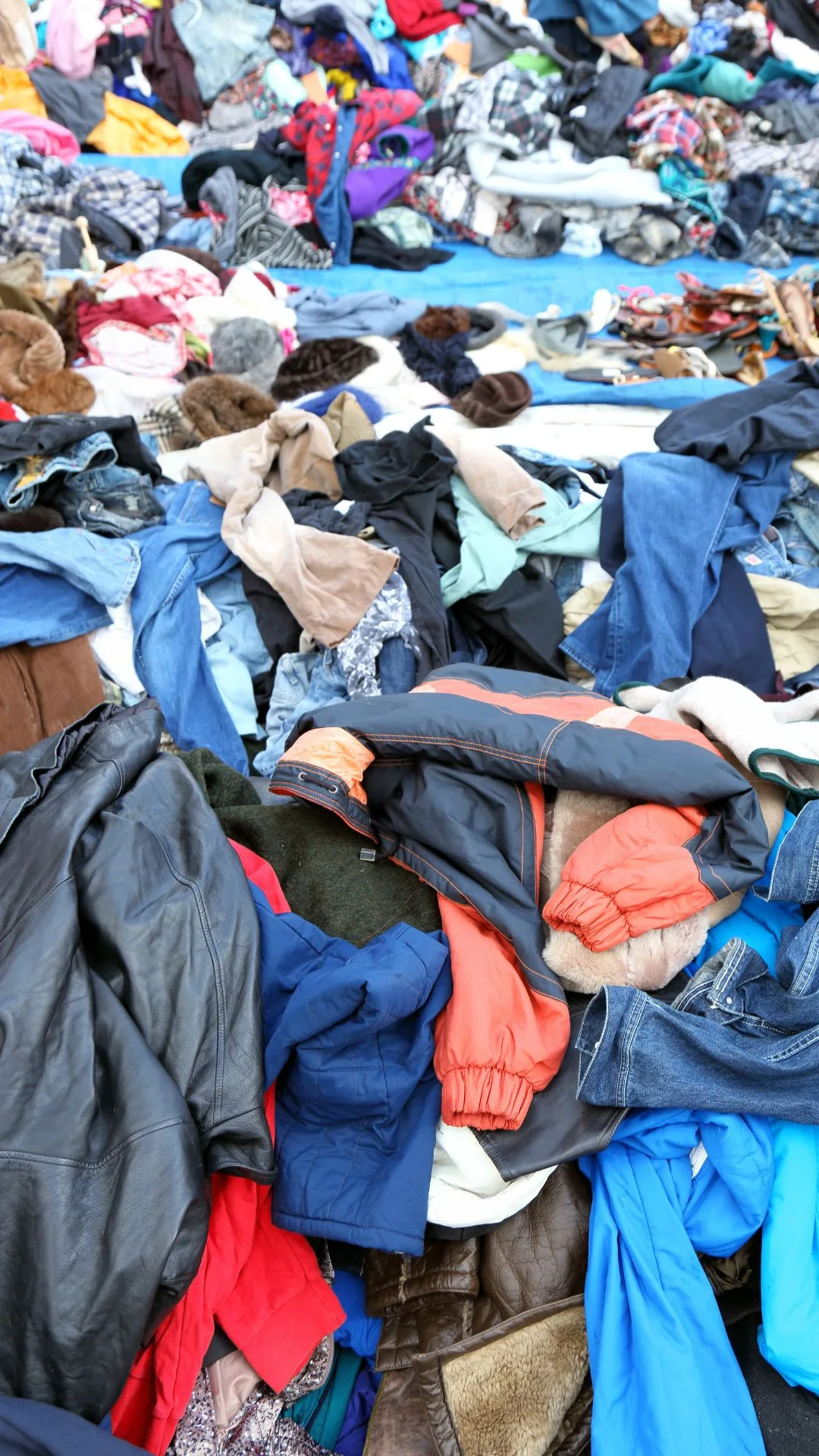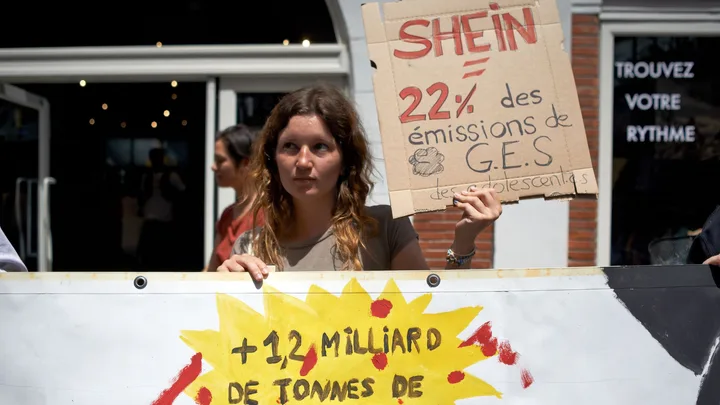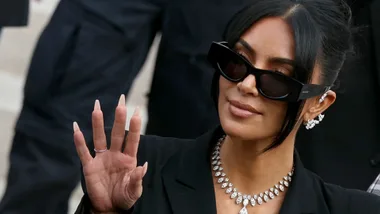Last month, France’s lower house of parliament unanimously voted in favour of a bill that aims to reduce fast fashion.
The bill is the first of it’s kind, and if approved by the senate, will see France become the first country in the world to legislate against fast fashion and its devastating impacts.
As a country renowned for its luxury brands such as Chanel, Dior and Louis Vuitton, the allure of fast fashion’s low cost, mass produced products don’t only have severe environment implications but economic and cultural ones as well.
“This evolution of the apparel sector towards ephemeral fashion, combining increased volumes and low prices, is influencing consumer buying habits by creating buying impulses and a constant need for renewal, which is not without environmental, social and economic consequences,” the bill states.
The “kill bill” comes soon after the country launched a repair scheme that encourages French people to mend their clothing items instead of throwing them away.
Last year, the French government put 154 million euros ($168 million) into the initiative, which reimburses consumers up to 25 euros ($27.20) for each item they repair.
However, the new bill has been described as another “major step forward” by France’s environment minister, Christophe Béchu, who took to X after the bill’s successful lower house vote.
“A big step has been taken to reduce the textile sector’s environmental footprint,” Béchu added on X.
So, what does the bill actually entail? Will you still be able to pop into Zara on the Champs-Élysées? Below, we explain everything you need to know about France’s fast fashion ‘ban’.

What Does The ‘Ban’ Entail?
The bill has been described as a ‘ban’ on fast fashion but the exact meaning on the ‘ban’ is a little more complicated.
Essentially, the bill won’t stop fast fashion being produced or sold in France.
It’s more about getting legislation in place that deters consumers from buying it and brands from making and selling too much of it.
This includes:
- A complete ban on advertising fast fashion brands
- An environmental surcharge of €5 ($8.25) on each fast fashion item produced
A key part of the environmental levy includes a gradual increase of the surcharge of up to €10 (AU$11) by 2030.
This should make it more expensive for companies to produce and sell ‘low cost’ fast fashion items.
However, the levy can’t make up more than 50% of the item’s price—so, for items with a lower price, the surcharge will also be lower.
The money from the levy will then be used to support more sustainable and eco-friendly brands to make products.
The bill also states that fast fashion brands, such as Shein and Temu, will be required to post clearly visible messages about the environment impact of their products on their websites, and encourage their customers to recycle items. If brands don’t comply, they will have to pay up to €15,000 ($16,160).
What Defines ‘Fast Fashion’?
Fast fashion is generally considered to be clothing that is produced quickly, en masse and in response to the latest fashion trends.
Items are usually cheap to produce, cheap to buy and of a low quality. The model offers consumers a constantly revolving wardrobe of new, low cost items, reinforcing a high consumption mindset that leaves low-paid textile workers and the environment to pay the consequences.
France’s new bill takes particular aim at ultra-fast fashion brands like Shein and Temu but will impact any fashion brand that is guilty of the above.
It’s expected that this will include popular brands such as H&M, Zara and Mango.
To decide, the country will use a new eco-point system to evaluate fashion companies.
What Do Fast Fashion Brands Think?
It’s safe to say that fast fashion brands aren’t exactly pleased with the new bill.
Shein, an ultra fast fashion company from China, has argued that the bill will “worsen the purchasing power of French consumers, at a time when they are already feeling the impact of the cost-of-living crisis” in a statement to the BBC.
A spokesperson for Chinese behemoth, Temu, has also told the BBC that their brand “acknowledges the important environmental concerns addressed by the proposed French legislation,” and has made an argument that they don’t operate as a fast fashion company because they are a marketplace and don’t make their own products.
What Has To Happen For It To Become Law?
Before the bill becomes law, it has to go to the senate for the final vote.










